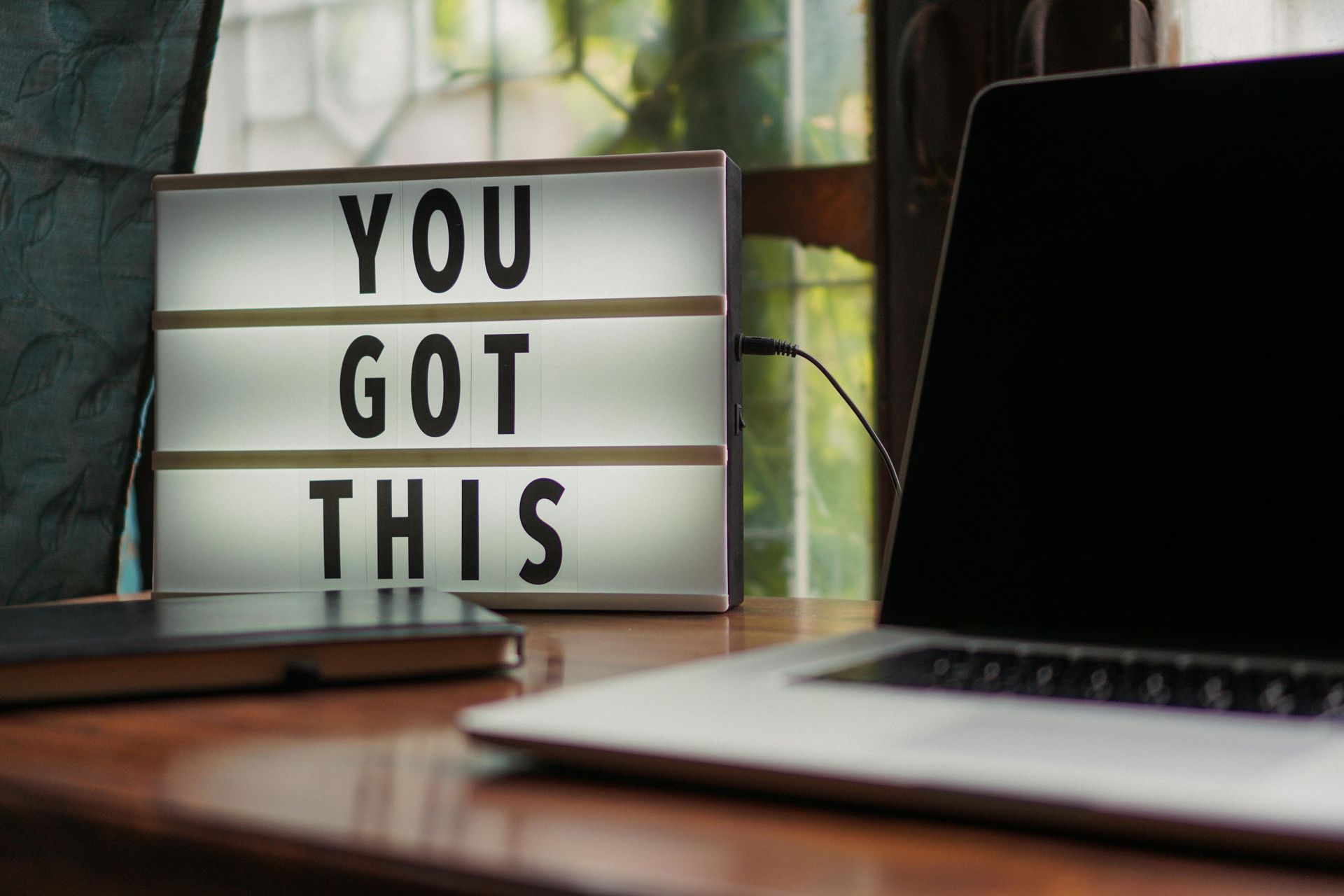Mitigating Burnout, Reclaiming Joy at Work

Practical Strategies to Combat Work-Related Stress and Rediscover Joy in your Job
Our jobs take up a significant amount of space in our lives—physically, mentally, and emotionally. On average, more than 40% of our waking hours each week are spent working. While "full-time" is typically defined as 40 hours a week, many of us are putting in 45+ hours, not to mention the extra time spent commuting or stressing about work.
There have been periods in my life when I’ve worked from 8am-6pm, then hit the gym for 2 hours, only to return to my laptop from 8 to 9:30/10pm. Afterward, I’d mindlessly scroll through social media to avoid sleep. I knew that if I slept, I'd wake up and have to do it all over again.
Sure, the work got done, but over time, this cycle drained me. The joy, creativity, and intrinsic motivation that once fueled my passion for the job started to fade. I knew I had to make a change!
Here are some strategies I used to re-engage with my work in hopes that they may help you too!
Challenge 1: Slack-induced anxiety
I realized that Slack was one of my biggest sources of stress. The little green dot seemed to demand my constant attention. It felt like I needed to respond to messages immediately, no matter the time of day.
Solution: I removed Slack from my phone and communicated that this was a way to manage my slack anxiety. This helped reset everyone’s expectations and allowed me to truly focus on the task at hand. The beauty: everyone wanted to support me living with less anxiety and others on my team adopted the boundary too!
Challenge 2: Social media scrolling as an avoidance tactic
Late-night social media scrolling had become a bad habit. It was my way of avoiding the the next day. I recognized my thought process made no sense, but it’s how I managed when I was too tired to implement my healthy coping mechanisms. The problem: it only left me more exhausted the next day and worsened my relationship to work.
Solution: I deleted the Instagram, Facebook, and LinkedIn apps from my phone and blocked the websites entirely. This small change helped me go to sleep faster and sleep better which is foundational to healthily navigating challenges.
Challenge 3: The pressure to always be “on”
I had adopted the mindset that I needed to be working all the time, especially since I saw my closest collaborators (the executive team) working around the clock.
Solution: I reminded myself every day that I wasn’t in an executive role, and that my pay and responsibilities didn’t require me to work the same schedule of the executive team. This gradually shifted my mindset helped me embrace the idea that it was okay to disconnect and take time for myself. Not only that, it gave me the “permission” I needed to stop wrap up my day.
Challenge 4: No clear boundary between work and home life
Before the rise of hybrid and flexible work, leaving the office was a natural way to disconnect. But working from home blurred those boundaries, and I often struggled to stop working when the day ended.
Solution: I created personal rituals to help me unwind and mentally "close" my workday. This might look different for everyone, but for me, it involved committing to an activity with someone in my life — like a phone call with a friend or dinner plans I couldn’t cancel. In the mornings, I focused on meditation and prayer to center myself before diving into work.
The Power of Small Shifts
It might seem counterintuitive, but stepping away from work and reconnecting with myself actually made me a better employee. Giving myself the space to recharge allowed me to approach my work with joy and energy, rather than exhaustion and dread. The work itself didn’t change, but my mindset did and that made all the difference in re-engaging at my company and producing higher quality work in shorter time spans.
If any of this resonates with you and you’re feeling stuck, burnt out, or disconnected from the joy in your work, it may be time to re-evaluate your relationship to it. Small changes in how you approach your day can make a big difference in how you show up for yourself and your team. If you don't know where to start or need some guidance, book a free connection call with me to explore working together.



